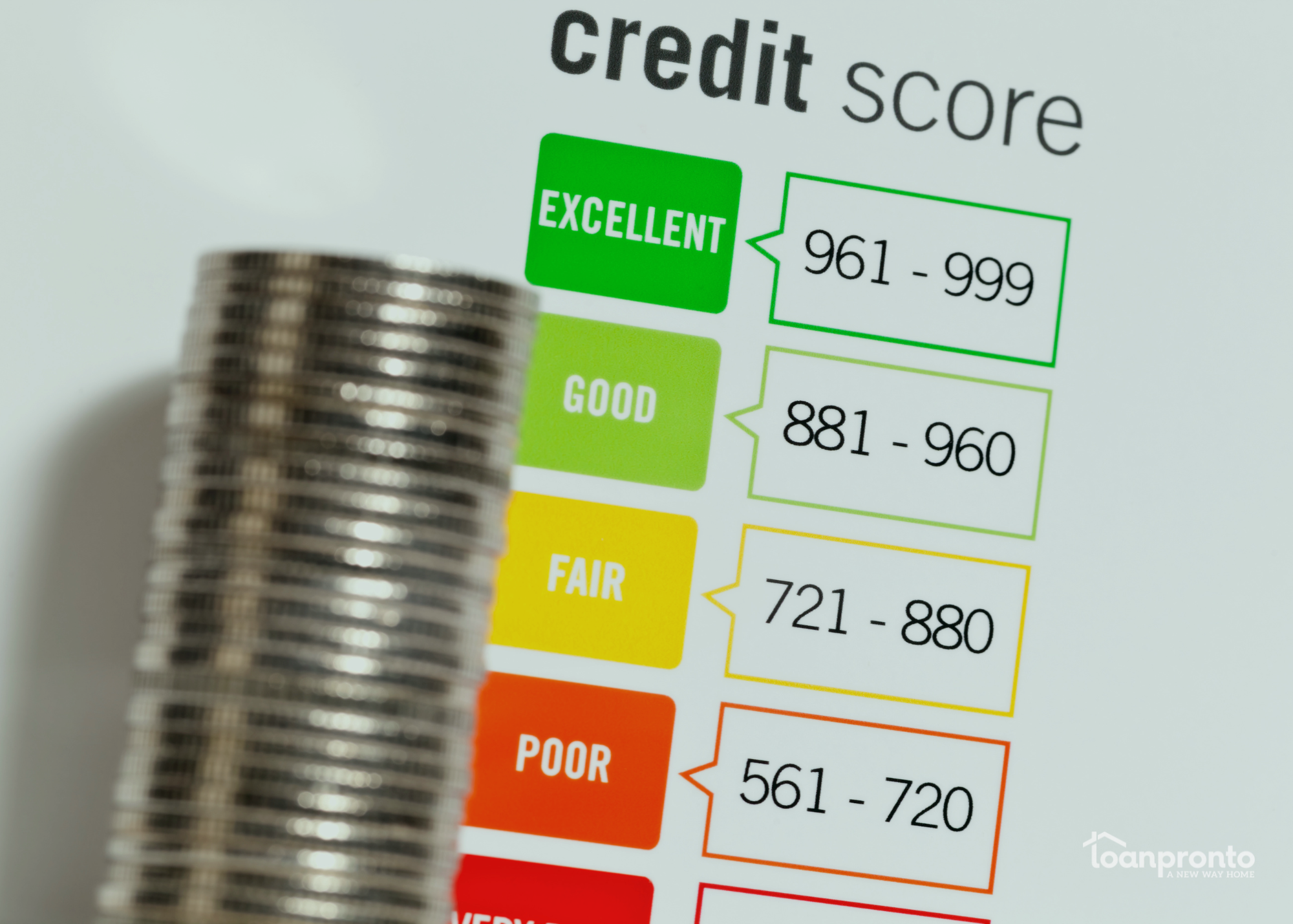Key Takeaways
-
Prepayment penalties are fees for paying off your mortgage early.
-
These penalties often appear in non-qualified or non-conforming loans.
-
You can avoid them by shopping around, asking questions, and negotiating terms.
-
Reading your loan documents helps you spot prepayment clauses before closing.
If you’re thinking about refinancing your mortgage, selling your home, or making large extra payments toward your loan, it’s crucial to understand the mortgage prepayment penalty. This fee can reduce your savings or add unexpected costs. Although less common today, prepayment penalties still appear in certain home loans—especially those outside traditional lending standards. Knowing how they work can help you avoid costly surprises.
What Is a Mortgage Prepayment Penalty?
A mortgage prepayment penalty is a fee charged by your lender when you pay off your mortgage early. This includes:
- Refinancing the loan before the end of the agreed term
- Selling your home during the penalty period
- Making lump-sum payments beyond allowed limits
Lenders use prepayment penalties to recover lost interest income when a borrower ends the loan early. These penalties usually apply only during the first few years of your mortgage.
Why Do Lenders Charge Prepayment Penalties?
Mortgages are designed to generate interest over time. If a borrower pays off the loan early, the lender misses out on expected income. A prepayment penalty helps offset that loss.
These fees are more common in non-conforming and non-qualified mortgages, and are rarely found in government-backed loans such as FHA, VA, or USDA mortgages.
Types of Mortgage Prepayment Penalties
| Penalty Type | Triggers | Typical Application |
| Soft Prepayment | Refinancing or large lump-sum payments | Does not apply if you sell the home |
| Hard Prepayment | Refinancing, selling, or full loan payoff within set period | Often triggered if over 20% of the balance is paid |
The type of penalty can significantly affect your financial decisions, especially if you’re planning an early payoff or refinance.
How Much Could a Prepayment Penalty Cost?
Federal rules limit how and when prepayment penalties can apply. Here’s what you need to know:
| Loan Year | Maximum Penalty |
| Year 1 | Up to 2% of the outstanding loan balance |
| Year 2 | Typically capped at 1–2% |
| Year 3 | Usually limited to 1% or removed entirely |
Example:
If you owe $250,000 and refinance during year one, a 2% penalty could cost you $5,000.
Penalties must be disclosed in your Loan Estimate, Closing Disclosure, and mortgage note. Review these documents carefully or ask your lender to point out any applicable fees.
Which Loans Include Prepayment Penalties?
Not every mortgage includes this fee. Thanks to regulations under the Dodd-Frank Act, most conforming conventional loans and government-backed loans do not allow prepayment penalties. However, penalties still exist in certain types of financing.
| Loan Type | Penalty Risk |
| FHA, VA, USDA Loans | Unlikely |
| Conforming Conventional Loans | Rare |
| Non-Conforming Loans | Possible |
| Non-Qualified Mortgages (Non-QM) | Higher likelihood |
Non-qualified mortgages are common for self-employed borrowers, those with inconsistent income, or higher-risk profiles.
How to Avoid a Prepayment Penalty
Avoiding this fee starts before you close on a loan. Use these tips to protect yourself:
- Ask upfront: Not all lenders charge prepayment penalties. Always ask before you sign.
- Shop around: Compare multiple lenders and loan options to avoid restrictive clauses.
- Negotiate terms: In some cases, strong borrowers can negotiate these penalties out.
- Wait to refinance: If you’re within the 3-year window, delaying a refinance may help avoid the charge.
Where to Find Prepayment Penalty Clauses
You can locate prepayment clauses in the following documents:
| Document | Where to Look |
| Loan Estimate | Section labeled “Loan Terms” |
| Closing Disclosure | Summary of terms and fees |
| Mortgage Note or Agreement | Specific clause listing early payoff terms |
Look for language like “early payoff penalty,” “prepayment charge,” or “prepayment clause.”
Is It Ever Worth Paying Off a Mortgage Early With a Penalty?
Yes—if the interest savings from an early payoff exceed the cost of the penalty. Use a mortgage payoff calculator to compare both outcomes. In many cases, the long-term savings can justify the short-term fee. However, it’s essential to run the numbers and understand the full financial picture.
Bottom Line
A mortgage prepayment penalty can create unexpected costs if you’re planning to refinance, sell your home, or pay off your loan early. Although these fees are less common today, they still exist—particularly in non-conventional or non-qualified loans. The best defense is to know your loan terms and communicate clearly with your lender before making changes to your mortgage. With careful planning, you can avoid prepayment surprises and make smarter financial moves.
FAQs: Mortgage Prepayment Penalties
No SSN required. Zero impact to credit. Your Information is never sold.


